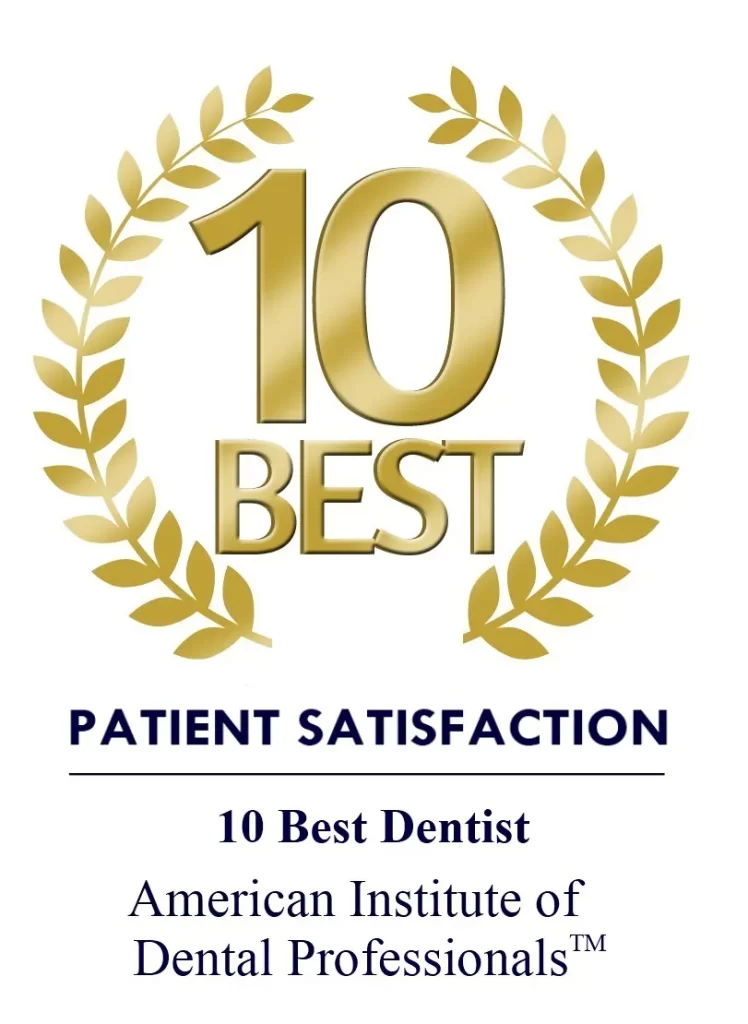Over 69% of Americans between the ages of 35 and 44 years have at least one missing tooth. And that percentage just goes up for people in older age categories.
There are various dental options to deal with missing teeth, though!
Read on to learn 10 benefits of dental implants — and why you should consider this option.
How Dental Implants Work
A dental implant consists of a porcelain tooth on a titanium screw drilled into the jaw bone.
Dental implants are permanent tooth replacements. The screw acts as a root for the new tooth.
During teeth implants, patients are given anesthesia or sedation in order to feel little discomfort during the procedure.
The benefits of dental implants are many! Here are 10 reasons why you should consider them for your smile.
1. A Confident Smile
One of the best things about teeth implants is that they look just like natural healthy teeth. You can smile and talk without worrying about what your teeth look like.
When you have dental implants, your face will retain its natural shape. Without them, your cheeks could potentially sag inward.
Dental implants also feel just like natural teeth. They won’t click or slip. You can eat, talk, and smile confidently without worrying about dentures falling out.
Dental implants give you the peace of mind that you can live your life without a second thought to your teeth.
2. Improved Speech
Ill-fitting dentures can cause you to slur or mumble words when the dentures slip. Not only is that embarrassing but it is also frustrating.
With teeth implants, your teeth will remain firmly in place. They won’t ever slip or slide out of place.
3. Your Dental Implants are Built to Last
There are some dental procedures that require replacement down the line. For example, dentures and some dental bridges might need to be replaced after five years.
That means that you have to keep spending money on the same product. But dental implants can last the rest of your life.
4. Dental Implants Are Convenient and Require Less Work
Removable dentures are quite a bit of work — like their messy adhesive you’d have to deal with. You also have to remove the dentures and soak them in a special cleaning solution on a regular basis.
But tooth implants don’t require any sticky adhesive or special cleaning requirements. You simply floss and brush your tooth implants the same way you do your other teeth.
No putting dentures in and out and no having to remember to shop for cleaning tablets and adhesives.
5. Restores Bite Force
One of the best benefits of dental implants is that you can enjoy the food you love once again.
Dental implants are secured to your jaw — this allows these teeth to bite with the same force as natural teeth.
All other tooth replacement options can’t give you the same force as dental implants. Those options sit on top of your gum and so aren’t anchored to your jaw.
Once you have dental implants, you can confidently munch on a crunchy carrot or take a big bite out of a candy apple.
6. Protect Your Facial Bones and Healthy Teeth
A surprising benefit of tooth implants is that they protect the other natural teeth in your mouth and your jawbone.
Having empty spaces from missing teeth in your mouth can actually expose your jaw to deterioration. Over time, this results in loss of jawbone height.
Dental implants are the only tooth replacement option that helps preserve the jaw bone and prevent bone loss. Plus, tooth implants reduce the load on the remaining teeth.
Getting dental implants as soon as possible after losing a tooth helps prevent jawbone deterioration.
With dental implants, the dentist won’t need to file down your surrounding natural teeth the way they have to do to attach bridges or partial dentures. Because of this, dental implants preserve your natural tooth tissue.
7. Cavity-Free Teeth
Teeth implants can’t decay! That means that you will never get a cavity on your dental implants.
Yes, you still need to take good care of your dental implants to prevent bacteria from causing infections and gum disease in your mouth. But your new teeth won’t ever need a filling.
8. Better Oral Health
Unlike many other dental products, tooth implants don’t need special flossers, tablets, or adhesives — unlike bridges and dentures.
Dental implants make flossing and brushing simple and easy. You just floss and brush the way you do with natural teeth.
The easier it is to take care of your oral health, the more likely you are to include good oral hygiene in your daily routine.
Also, since your other teeth are left intact, the long-term oral health of your mouth is improved by getting dental implants.
9. Better Nutrition and Digestion
If you’ve ever worn dentures, you know that eating certain foods can be very difficult. It can also be tough to chew food properly.
But with dental implants, you’ll be able to thoroughly chew any type of food before swallowing. This will improve your digestion and overall health.
People who wear upper dentures have the roof of their mouth covered. Did you know that the roof of your mouth has thousands of taste buds? As soon as you get dental implants, you’ll be amazed at how much better food tastes.
10. Cost-Effective
Dental implants may cost more than other dental procedures — but because this treatment is permanent and durable, you won’t have recurring expenses down the line.
Over the long-term, dental implants are more cost-effective than most other dental tooth replacement options.
Final Thoughts
There you have it, Queens! 10 compelling reasons why you should consider dental implants for missing or problematic teeth.
At our office, we offer flexible payment options for all your oral health needs. Contact us today and schedule an appointment!

